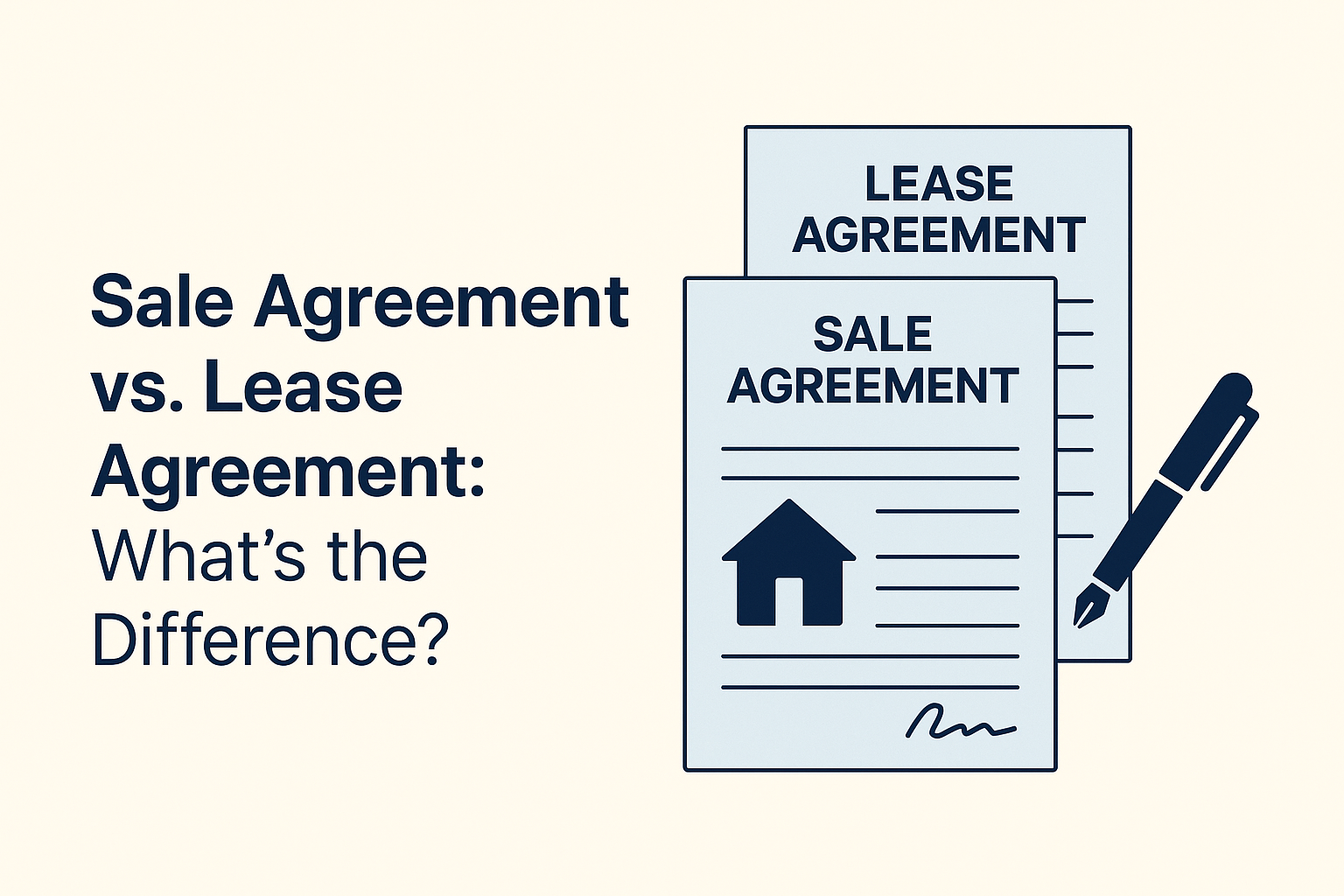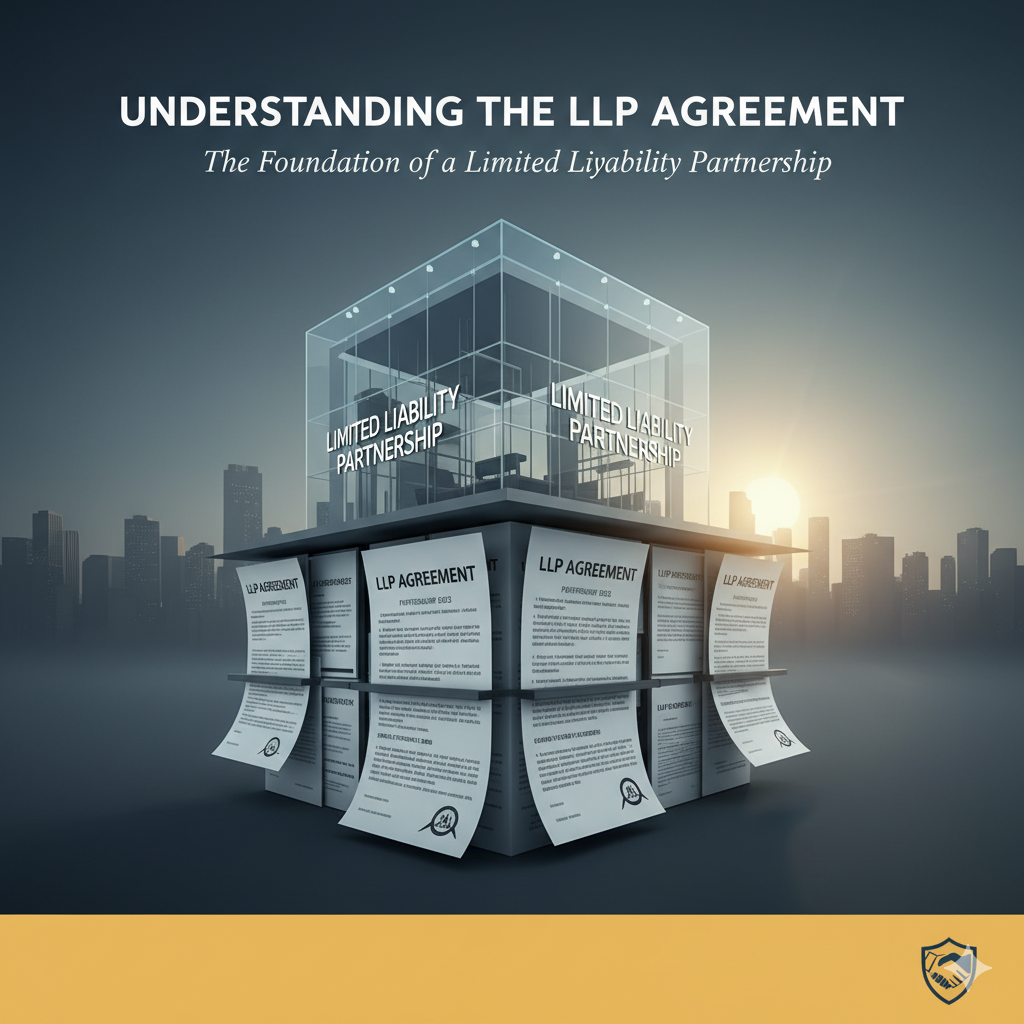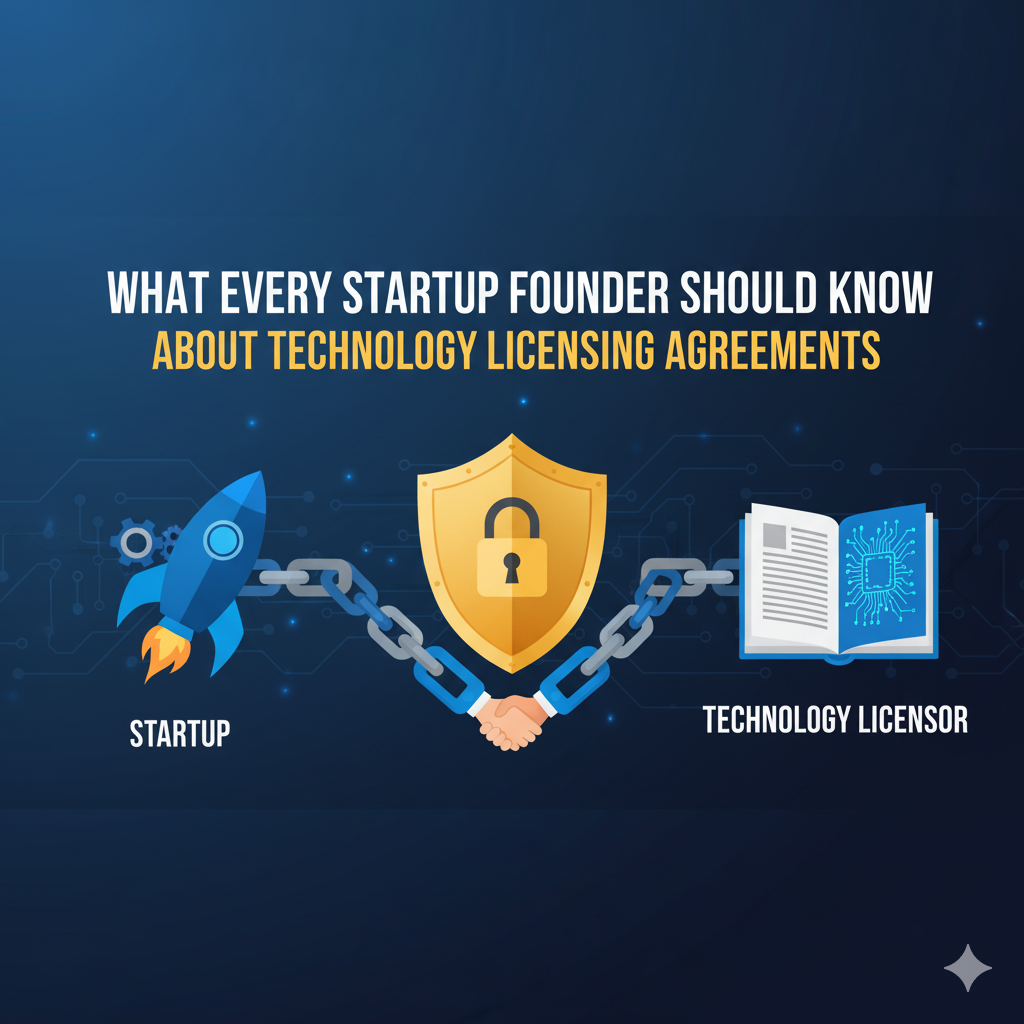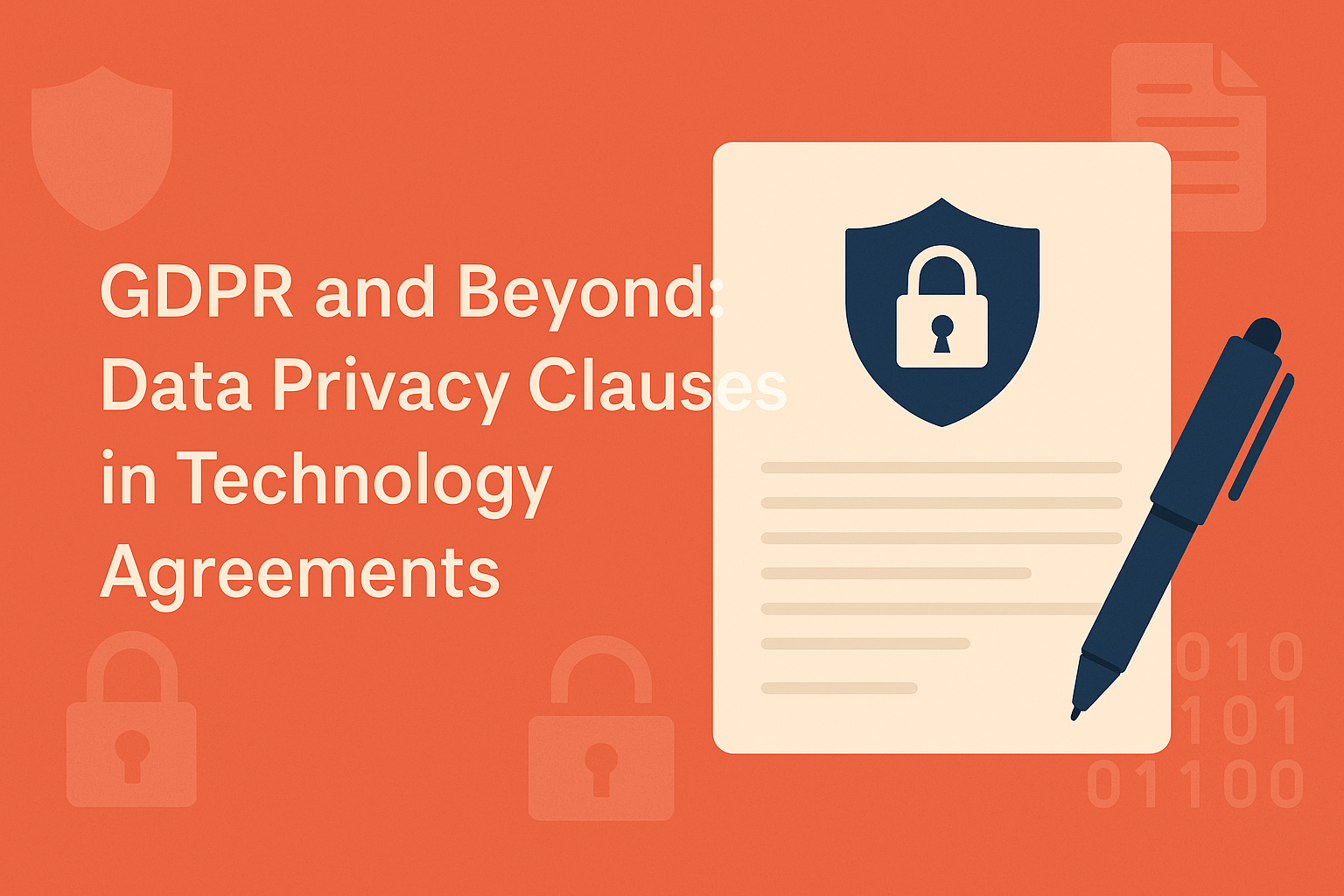
October 13, 2025
Sale Agreement vs. Lease Agreement: What’s the Difference?
In business and real estate transactions, the terms sale agreement and lease agreement are often used interchangeably — but they couldn’t be more different. Both documents define rights, responsibilities, and ownership interests, yet they serve distinct purposes and carry very different legal and financial implications. Whether you’re a founder acquiring office space, a property owner, or a startup negotiating asset use, understanding the difference between these two agreements is crucial to making informed decisions.

October 07, 2025
Mastering Agency Agreements: What Every Marketing Company Should Know
Agency agreements are the backbone of many successful marketing businesses. Whether you’re an in-house marketing team, a boutique agency, or a full-service firm, a clear, well-drafted agency agreement protects value, prevents disputes, and sets the stage for measurable results. This guide walks through the essential elements, practical tips, negotiation levers, and common pitfalls so your next client relationship starts—and stays—on solid ground.

October 06, 2025
Understanding the LLP Agreement: The Foundation of a Limited Liability Partnership
Introduction
A Limited Liability Partnership (LLP) is one of the most flexible and secure business structures available today. But what truly gives an LLP its strength and structure is not just its registration—it’s the LLP Agreement.

October 04, 2025
Difference Between Sale Deed and Sale Agreement Explained
Real estate transactions involve complex legal documentation, but two terms often create confusion among buyers and sellers alike — Sale Agreement and Sale Deed.
While both are integral to property transactions, they serve very different purposes. Understanding their distinction is essential for anyone buying, selling, or investing in property.

October 03, 2025
What Every Startup Founder Should Know About Technology Licensing Agreements
Launching a startup is an exciting journey, but it also comes with complex legal and business decisions. One of the most important — and often overlooked — areas is technology licensing agreements. Whether you’re building software, using someone else’s patented technology, or licensing your own innovations to others, a well-structured licensing agreement can protect your intellectual property (IP), reduce risks, and open up new revenue streams.

September 30, 2025
Understanding SaaS Agreements: A Guide for Businesses
In today’s digital-first world, Software-as-a-Service (SaaS) has transformed how businesses operate. From project management tools to cloud-based CRMs, SaaS platforms are integral to daily workflows. But behind every smooth login and subscription lies a legal framework that governs the relationship between the provider and the customer: the SaaS Agreement.
What is a SaaS Agreement?
A SaaS Agreement is a legally binding contract between a software provider and its users. Unlike traditional software licenses, where customers purchase and install software, SaaS agreements typically grant access to software hosted on the provider’s servers. The focus shifts from ownership to access, making clear definitions and obligations crucial.
Key Components of a SaaS Agreement
1. Scope of Services
This section defines what the software does, how it can be used, and any limitations. Clear descriptions help manage customer expectations and protect providers from disputes.
2. Subscription Terms and Fees
Since SaaS usually works on a subscription model, this part outlines pricing, billing cycles, renewal terms, and conditions for cancellation or termination.
3. Service Levels and Uptime Commitments
One of the most critical aspects, especially for business-critical software. Service Level Agreements (SLAs) often specify uptime guarantees, response times, and remedies if standards are not met.
4. Data Security and Privacy
With SaaS involving customer data stored in the cloud, data protection measures are essential. Agreements should address encryption, access controls, backups, and compliance with laws like GDPR or HIPAA.
5. Intellectual Property Rights
Typically, the provider retains ownership of the software, while users are granted a limited license to use it. Clauses often restrict reverse engineering, copying, or redistribution.
6. Confidentiality and Non-Disclosure
Both parties may exchange sensitive information. Confidentiality clauses ensure such data is not misused or disclosed.
7. Termination and Suspension
This section sets out when and how either party can terminate the agreement, what happens to user data afterward, and whether refunds are applicable.
8. Liability and Indemnification
Providers usually limit their liability to the fees paid by the customer, while indemnity clauses protect both parties from third-party claims.
Why SaaS Agreements Matter
For providers, a well-drafted SaaS agreement protects intellectual property, limits liability, and ensures predictable revenue. For customers, it offers transparency about service expectations, data handling, and exit options. Without a clear agreement, both sides risk misunderstandings, disputes, and financial losses.
Final Thoughts
As SaaS continues to grow, the importance of robust SaaS agreements cannot be overstated. They form the backbone of trust between provider and customer. Whether you are a SaaS startup looking to draft your first agreement or an enterprise evaluating a new vendor, understanding the nuances of these contracts is essential. Investing time in reviewing or customizing your SaaS agreements ensures smoother relationships, stronger compliance, and greater peace of mind.

September 26, 2025
The Hidden Risks in Influencer Agreements (and How to Avoid Them)
In today’s digital economy, influencer marketing has become one of the most powerful ways for brands to reach their audiences. But while influencer partnerships can generate huge returns, they also come with legal and reputational risks. The foundation of a successful collaboration lies in a well-drafted influencer agreement that addresses these risks before they become costly problems.

.png)
